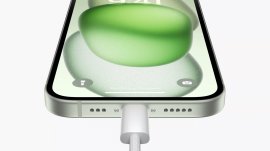iPhone battery slowdowns: Everything you need to know
An old battery might be slowing down your phone - here's what you can do about it
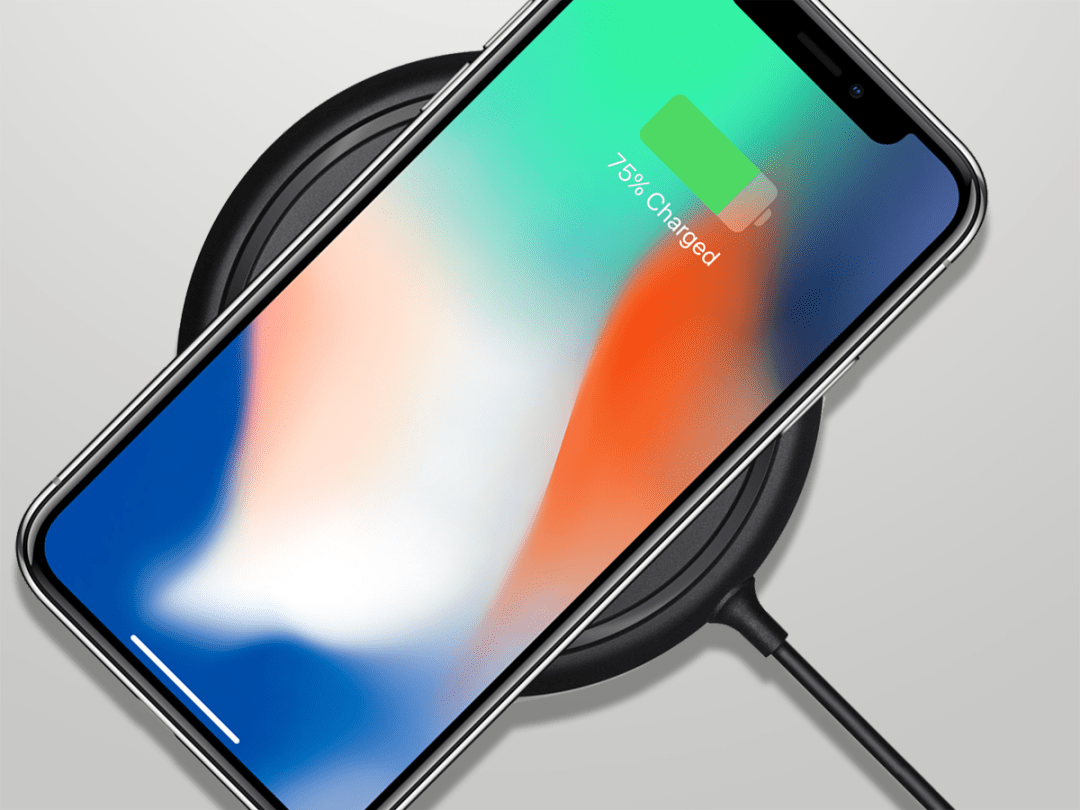
The holidays are a time of ample iPhone sales and activations for Apple, but this year also brought some huge drama into the mix – and it could affect all iPhone users.
If you’ve ever felt like your old iPhone ran dramatically slower than it originally did, it might not just be a matter of newer iOS updates pushing it too hard: Apple has now admitted that it slows down devices when their batteries are degraded, in an attempt to maintain battery life and avoid shutdown-causing power spikes.
Apple claims good intentions with the move, but naturally people are incensed about it, believing that it’s a ploy to push them to upgrade to a pricey new phone. Now lawsuits are flying around, and Apple has apologised and offered some potential fixes in the new year.
Here’s a primer on everything that’s happened so far and what you can do to fix your ailing iPhone.
What’s going on?
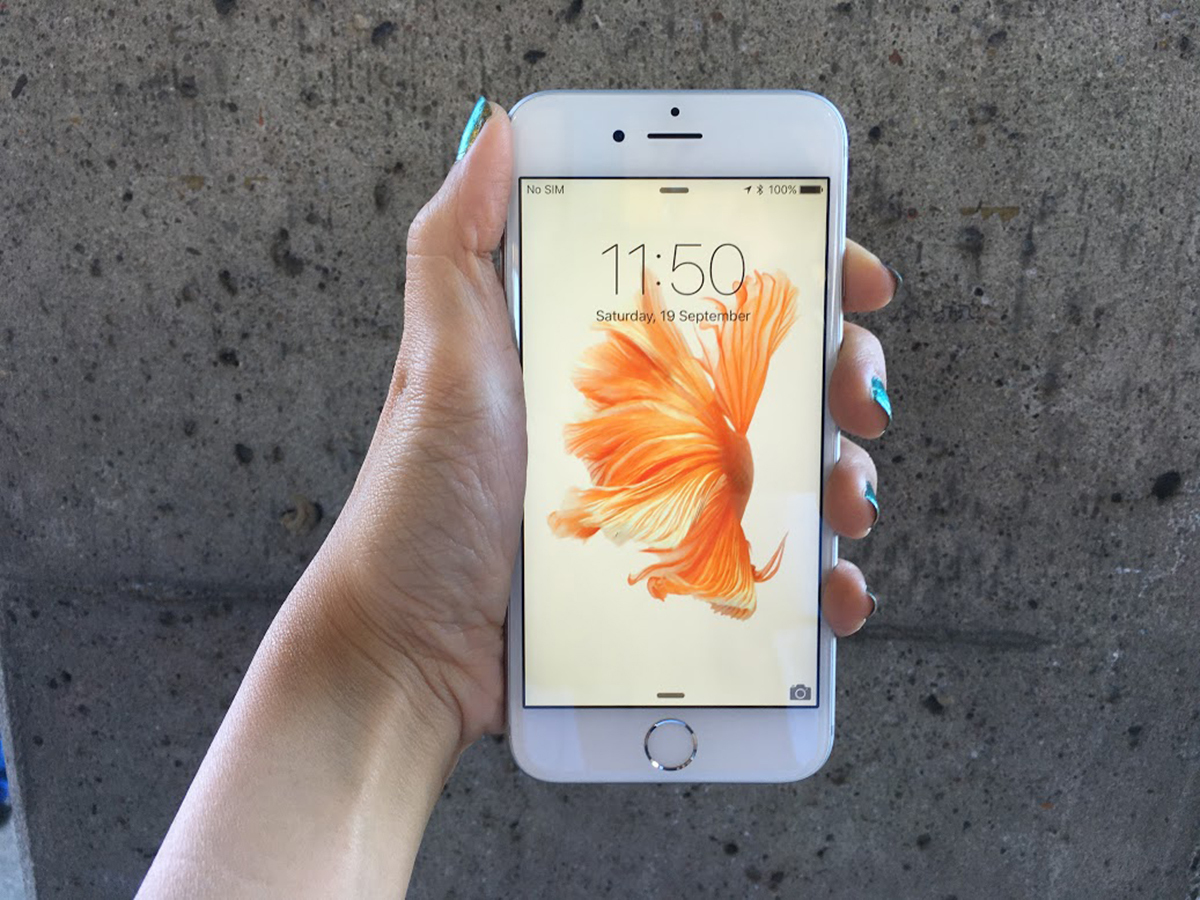
In the weeks before Christmas, internet sleuths started pooling evidence that showed that older iPhones were running significantly slower than they should. The groundswell began on Reddit, and soon developer John Poole from benchmark tester Geekbench shared data that suggested that Apple is throttling, or intentionally slowing, phones when their battery cells are degraded after extensive use.
The Geekbench post claimed that Apple’s unseen change in processing speed is done to "mask a deficiency in battery power." However, the developer added that it ultimately pushes the suspected narrative that Apple intentionally diminishes its devices after a couple of years to push users towards upgrades. "This fix will also cause users to think, ‘my phone is slow so I should replace it’ not, ‘my phone is slow so I should replace its battery,’" wrote Poole.
His post also suggests that replacing the battery in an aging iPhone can reverse the slowing, which Twitter user sam_siruomu backed up by posting benchmark readings from an iPhone 6 using the app CPU DasherX. Before the replacement, the phone showed a CPU Frequency of 600MHz, but it bumped back up to the original setting of 1400MHz with the new battery. That should be a dramatic increase in speed; conversely, imagine how much slower your phone would be with that kind of drop.
Lithium-ion batteries naturally degrade after a certain amount of charge cycles, at which point they can’t go back to full capacity. But rather than have a phone that just doesn’t last as long, Apple’s move gives you a much slower phone to try and counteract the drop in battery life. And there’s no warning about that within iOS.
What’s the big deal?
It’s precisely what Poole suggested: since Apple gives no heads-up within iOS that degraded batteries are leading to your slower phone, your instinct will probably be to replace the phone rather than pay for a much cheaper battery replacement.
Apple’s decision-making process might charitably be called well-meaning, since the goal is to give you a consistent battery usage experience without power spikes that could randomly shut down your phone. But in any case, the solution to give you a much slower phone experience isn’t one that we imagine the vast majority of iPhone owners would choose. Not that you have any choice in the matter, nor any knowledge about what’s happening via iOS.
That’s the key issue: the lack of transparency. Apple made the choice it thought would be best for consumers, but it stikes some people as simply misleading: you suddenly have a slower phone and you don’t know why. Many of us have been in this scenario before, and you just feel helpless and confused.
Now lawsuits are being filed on behalf of iPhone users who feel that they were misled, and they’re seeking class-action status to potentially bring in millions of users who seek some kind of compensation from Apple for this situation. It’s too early to know how far those legal challenges will proceed, but Apple has already made a few moves to try to address the issue.
What was Apple’s response?
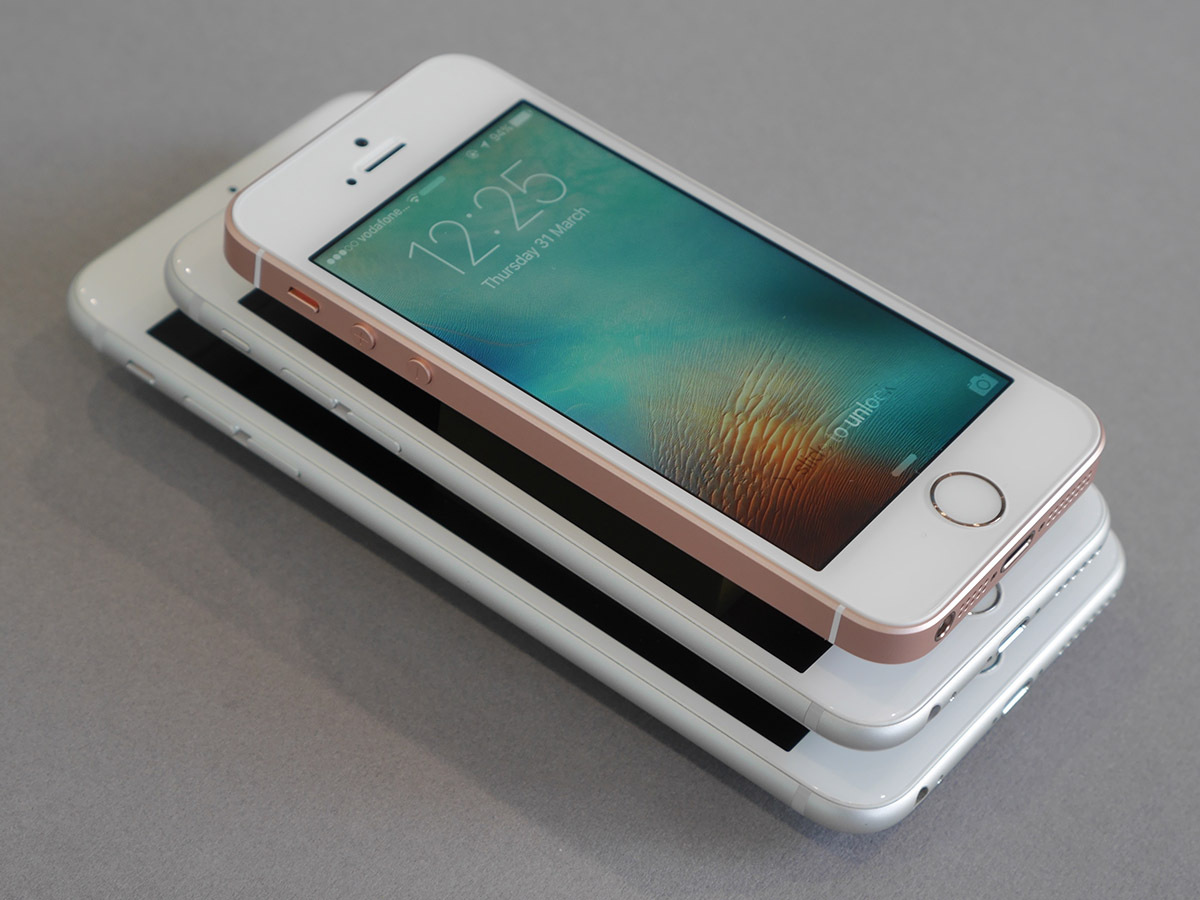
After the building storm of complaints, Apple’s first response on 20 December was to confirm that phones with degraded batteries are slowed, albeit without any kind of apology. In Apple’s view, the slowdown was a move designed to help users over the long haul.
"Our goal is to deliver the best experience for customers, which includes overall performance and prolonging the life of their devices. Lithium-ion batteries become less capable of supplying peak current demands when in cold conditions, have a low battery charge or as they age over time, which can result in the device unexpectedly shutting down to protect its electronic components," read the statement.
"Last year we released a feature for iPhone 6, iPhone 6s and iPhone SE to smooth out the instantaneous peaks only when needed to prevent the device from unexpectedly shutting down during these conditions. We’ve now extended that feature to iPhone 7 with iOS 11.2, and plan to add support for other products in the future," it continued.
In short: degraded batteries can cause phones to suddenly shut down when they can’t handle a peak performance demand, so Apple has capped the phones’ processing ability so they don’t push hard enough to trigged those potential shutdowns. It’s a trade-off in their view.
All phone batteries degrade, but most phone makers just let that happen in the way that we expect: the batteries hold less of a charge in their later life unless replaced. Apple, on the other hand, tried something else that it thought was best for the overall health of phones – but users seem to widely disagree with that perspective.
What’s the latest?
Luckily, Apple changed its tone. On 28 December, Apple issued a public letter to apologise for the situation and try to clear up "a lot of misunderstanding about the issue."
"First and foremost, we have never – and would never – do anything to intentionally shorten the life of any Apple product, or degrade the user experience to drive customer upgrades," reads the statement. "Our goal has always been to create products that our customers love, and making iPhones last as long as possible is an important part of that."
Apple’s statement basically echoes what was said before, in that batteries age and degrade over time and that iOS 10.2.1 brought in that power management (throttling) ability for the iPhone 6/6 Plus, iPhone 6s/6s Plus, and iPhone SE models. Furthermore, iPhone 7 models gained the same support with iOS 11.2, and more iPhones will be added in time.
Most importantly, there are solutions ahead.
How can I speed up my iPhone?
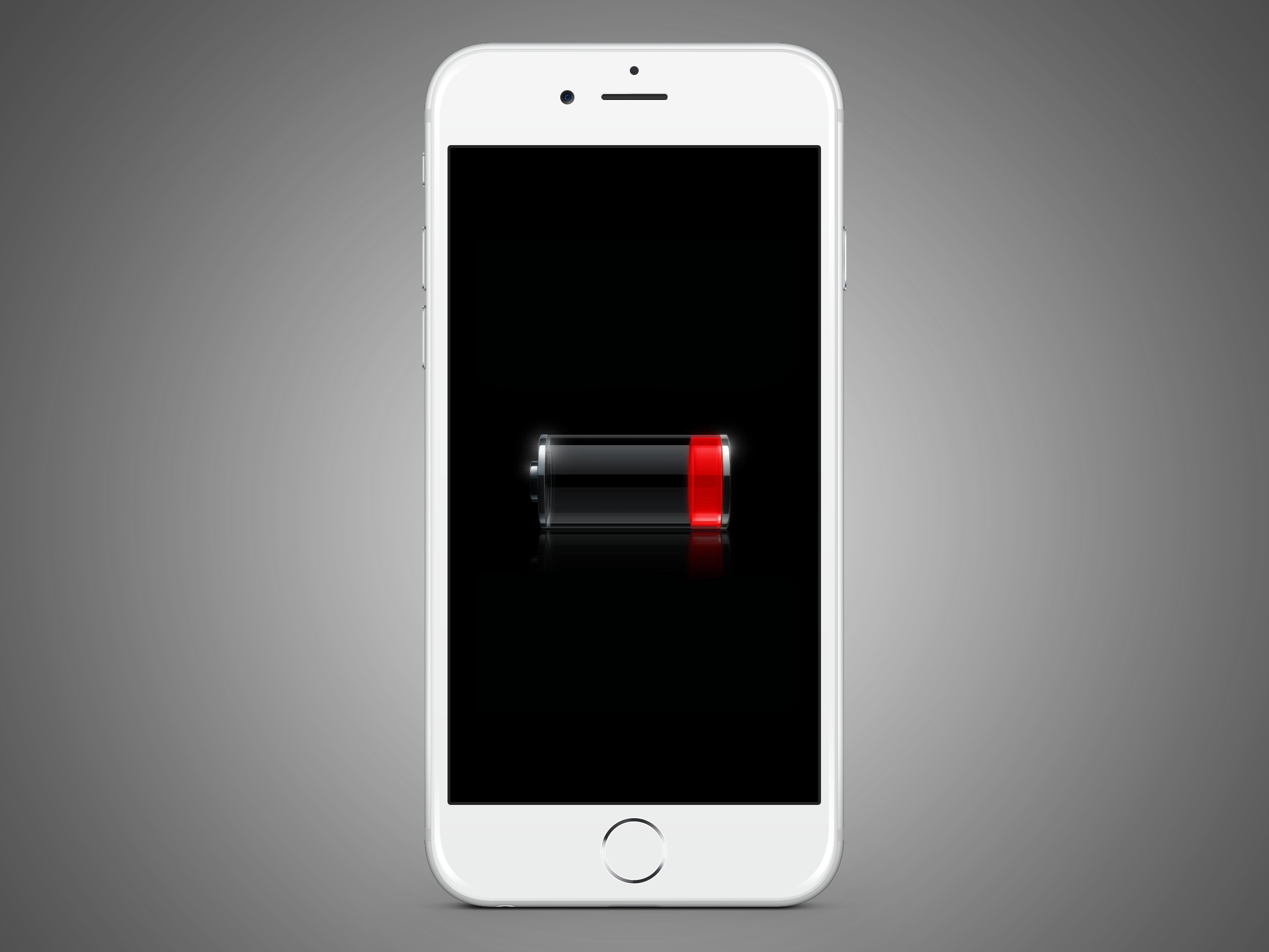
Starting in late January, Apple will offer battery replacements internationally to owners of any iPhone 6 or newer for US$29 – that’s a US$50 discount from the usual replacement price. That price will be in effect through the end of 2018.
UK pricing hasn’t yet been revealed, but given the even dollars-to-pounds conversion that we’ve seen from recent Apple products, it seems likely that the price will be £29 for the job. You’ll be able to bring your phone into an Apple Store to have the work done, usually pretty quickly, and Apple will provide further details about the program on Apple.com in the near future.
Furthermore, an iOS update will bring transparency to the issue, allowing users to easily check the status of their phone batteries and and see whether degradation is leading to slower performance. Note that Apple hasn’t said that it will reverse its approach to throttling, only that you’ll have a clearer indication that it’s happening. But at least users should know that they can fix the issue with a battery swap, rather than feeling like they need to buy a new phone.
You’ll need to wait a few weeks for Apple’s battery replacement discount to go into effect, and it may be longer for the iOS update with the added info, but at least you’ll have an affordable option to prolong the life of your phone and hopefully bring it back up to speed.
Those solutions might not satisfy all users who feel like Apple betrayed their trust here, and the lawsuits and frustration may continue on. But it’s a step in the right direction towards transparency, which can hopefully allow Apple and its customers avoid any further situations like this in the future.



